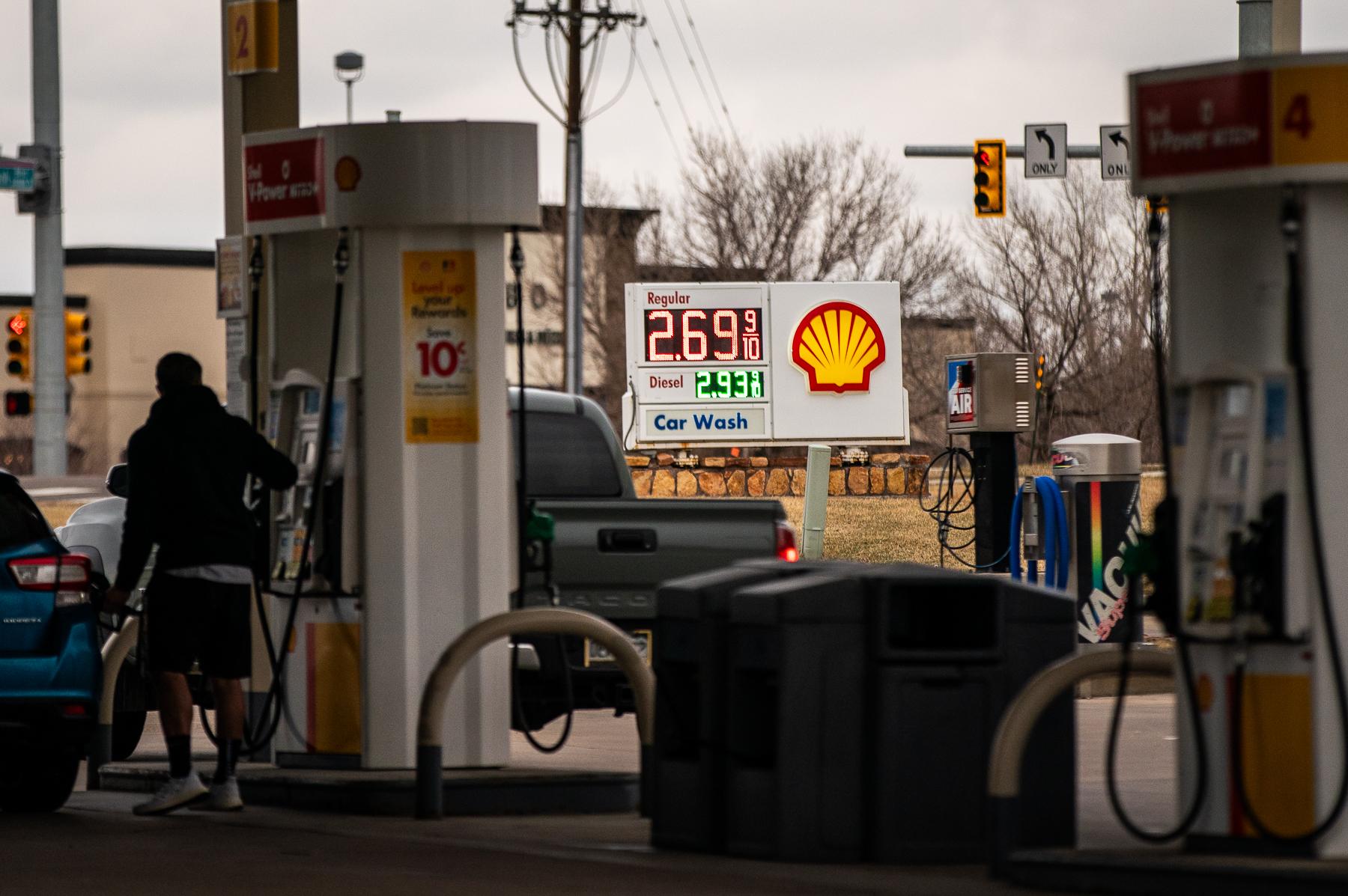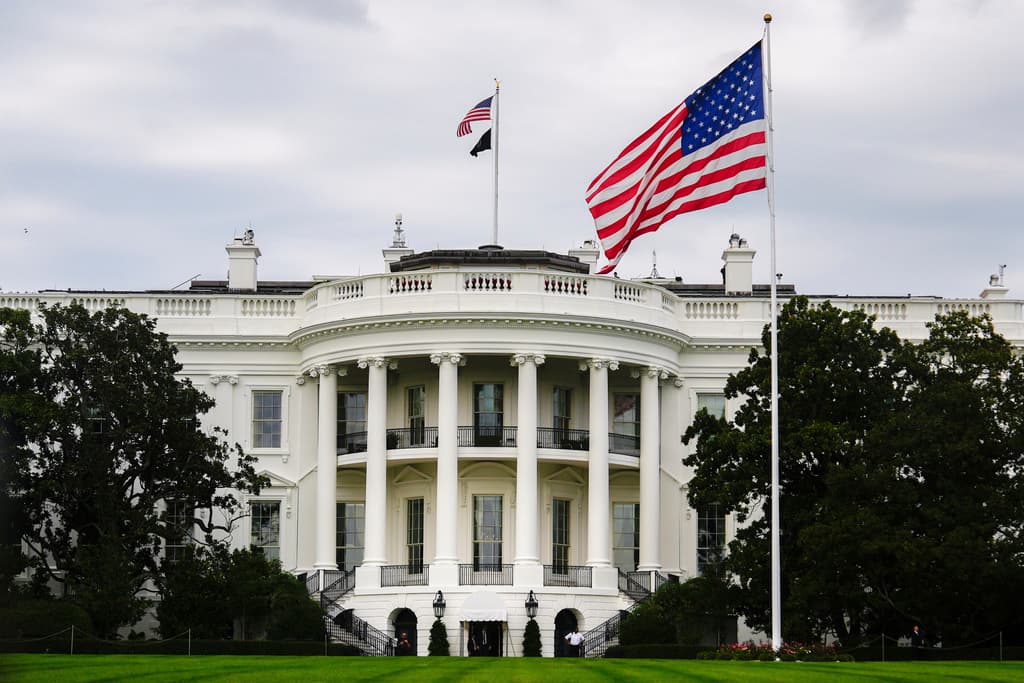
On a cold September night two years ago, Abby McLean was driving home from a late dinner with a friend when she noticed a DUI checkpoint.
“I hadn’t drank or smoked anything, so I was like, ‘Let’s go through the checkpoint,’” McLean recalls.
The cop at the checkpoint told her he could smell marijuana, and that her eyes were bloodshot. Eventually the handcuffs came out and Abby McLean got scared.
“Massive panic attack," she says, and her mind started racing. "Oh, my God, I have babies at home, I need to get home, I can’t go to jail."
McLean insists she was not high, but a blood test later revealed she had five times the legal limit of THC, pot’s mind-altering compound, in her bloodstream. Open and shut case, right?
Not so fast says her attorney Nadav Aschner. In his view, Colorado’s pot DUI limit doesn’t mean anything.
“It’s bizarre, it makes no sense, and it has no basis in science,” says Aschner.
His client admits she’s a frequent marijuana user, up to five times a day. McLean says it helps her anxiety, depression and migraines. And Aschner says there’s research to suggest that frequent and heavy users can have elevated THC levels 12 hours or longer after smoking.
“Even the state’s experts will say that number alone is something, but generally not enough and we really hammered that home,” says Aschner.
The approach he took to McLean’s case worked, kind of. Aschner got a hung jury, and pleaded McLean to a lesser offense.
Still, McLean's trip through the criminal justice system is emblematic of numbers that suggest a sharp increase in marijuana DUI arrests in Colorado. Year-to-date State Patrol data show that total DUI citations grew to 398 in 2016 from 316 in 2015. That's a 25.9 percent increase.
Colorado’s marijuana DUI law is modeled on the one for alcohol, which sets a number to determine when someone is too intoxicated to drive. For pot, that number is five nanograms per milliliter of blood. Anything above that and the law says you shouldn’t be driving.
That’s a problem according to Tom Marcotte who runs The Center for Medicinal Cannabis Research at the University of California, San Diego.
“Unlike alcohol, which has a generally linear relationship between the amount of alcohol you consume, your breath alcohol content and driving performance, the THC route of metabolism is very different.”
That means blood and breath tests are not a good measure of marijuana intoxication. AAA released a study this spring backing that up, even saying states should wait to set marijuana impairment limits until the science improves.
DA Defends Current Law
Denver District Attorney Mitch Morrissey says that doesn’t mean Colorado should throw out its THC limit. He says it may not be perfect, but it gives juries another piece of evidence to consider at trial.
“I think that putting in a nanogram level makes sense,” says Morrissey. “I can’t tell you what level it should be. I don’t think Colorado’s is right. I don’t think it should be as high as it is. I think it should be lower.”
Morrissey remembers trying alcohol DUI cases as a young prosecutor. The science wasn’t settled then either, the blood alcohol standard was about twice as high as it is now, and it took years for it to be lowered.
“I think that has to due with better testing better technology,” which Morrissey says will get better for marijuana too.
DUI defense attorney Jay Tiftickjian says Colorado’s marijuana law does allow a driver to challenge the results of the test. For instance, a driver can argue the limit shouldn’t apply to them if they’re a heavy user. But he says not everyone has the money to make that case in court.
“And innocent people are and will continue to be convicted, based on that,” says Tiftickjian, “That’s unconstitutional.”
He says even the U.S. Department of Transportation acknowledges that measuring THC in the body is poor indicator of intoxication.
That leaves frequent marijuana users like Abby McLean scared to drive for fear of another failed blood test.
“I haven’t gone out really since then, because I’m paranoid to run into the same surprise, ‘Oh oh, there’s a DUI checkpoint.’”
Which could end up costing her thousands of dollars more in attorneys fees to again try to convince a jury she was actually sober.









